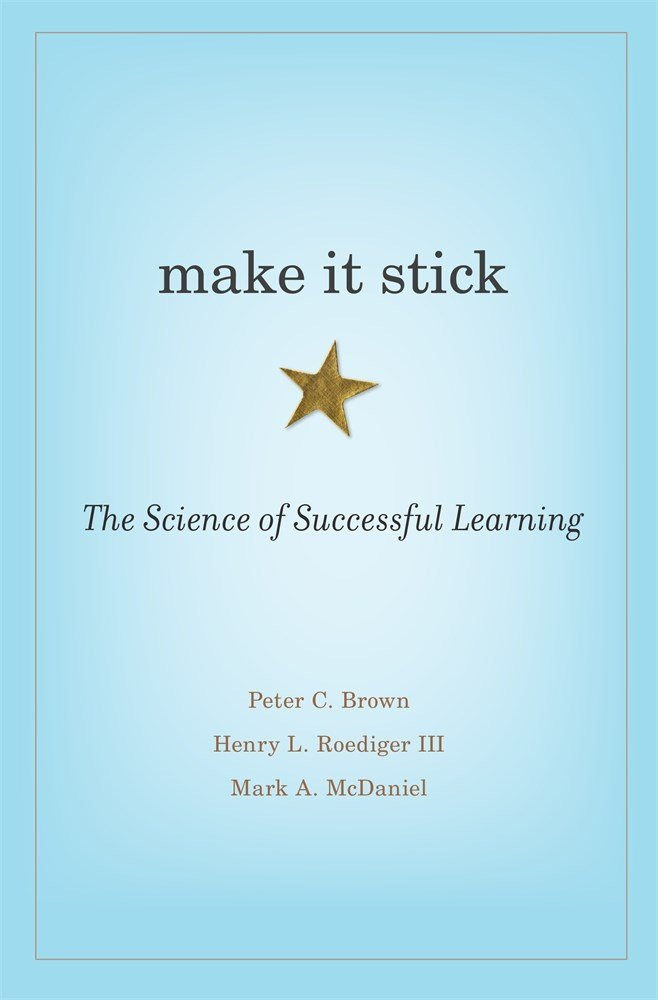Chunk your way to learning a mountain biking skill
MTB how-to instructions identify the big chunks for you. But they sometimes miss the small ones
Break Every Move Down Into Chunks is Daniel Coyle’s Tip #15 in his book, The Little Book of Talent—52 Tips for Improving Your Skills
From the time we’re small, we hear this good advice from our parents and teachers: Take it a little bit at a time. This advice works because it accurately reflects the way our brains learn. Every skill is built out of smaller pieces—what scientists call chunks.
What’s the science of chunking? Here’s a blurb from the book, Make It Stick: The Science of Successful Learning:
When we engage in extended training and repetition of some kinds of learning, notably motor skills and sequential tasks, our learning is thought to be recoded in this deeper region (the basal ganglia) the same area that controls subconscious actions such as eye movements. As a part of this process of recoding, the brain is thought to chunk motor and cognitive action sequences together so that they can be performed as a single unit, that is, without requiring a series of conscious decisions, which would substantially slow our responses. These sequences become reflexive. That is, they may start as actions we teach ourselves to take in pursuit of a goal, but they become automatic responses to stimuli.
Coyle writes:
Ask yourself: 1) What is the smallest single element of this skill that I can master? 2) What other chunks link to that chunk? Practice one chunk by itself until you’ve mastered it—then connect more chunks, one by one, exactly as you would combine letters to form a word. Then combine those chunks into still bigger chunks. And so on.
It may be obvious that there are many chunks to any difficult mountain biking skill. Most MTB instructors and how-to courses, videos, books, and tutorials will identify the key chunks and prescribe drills for learning them. But I find it’s also important to develop the skill of identifying chunks on your own. Why? Because experts often forget what it’s like to be a beginner. From the book, Make It Stick: The Science of Successful Learning:
The better you know something, the more difficult it becomes to teach it. So says physicist and educator Eric Mazur of Harvard. Why? As you get more expert in complex areas, your models in those areas grow more complex, and the component steps that compose them fade into the background of memory (the curse of knowledge).
I need to buckle down and examine the chunks for my boulder problem.




